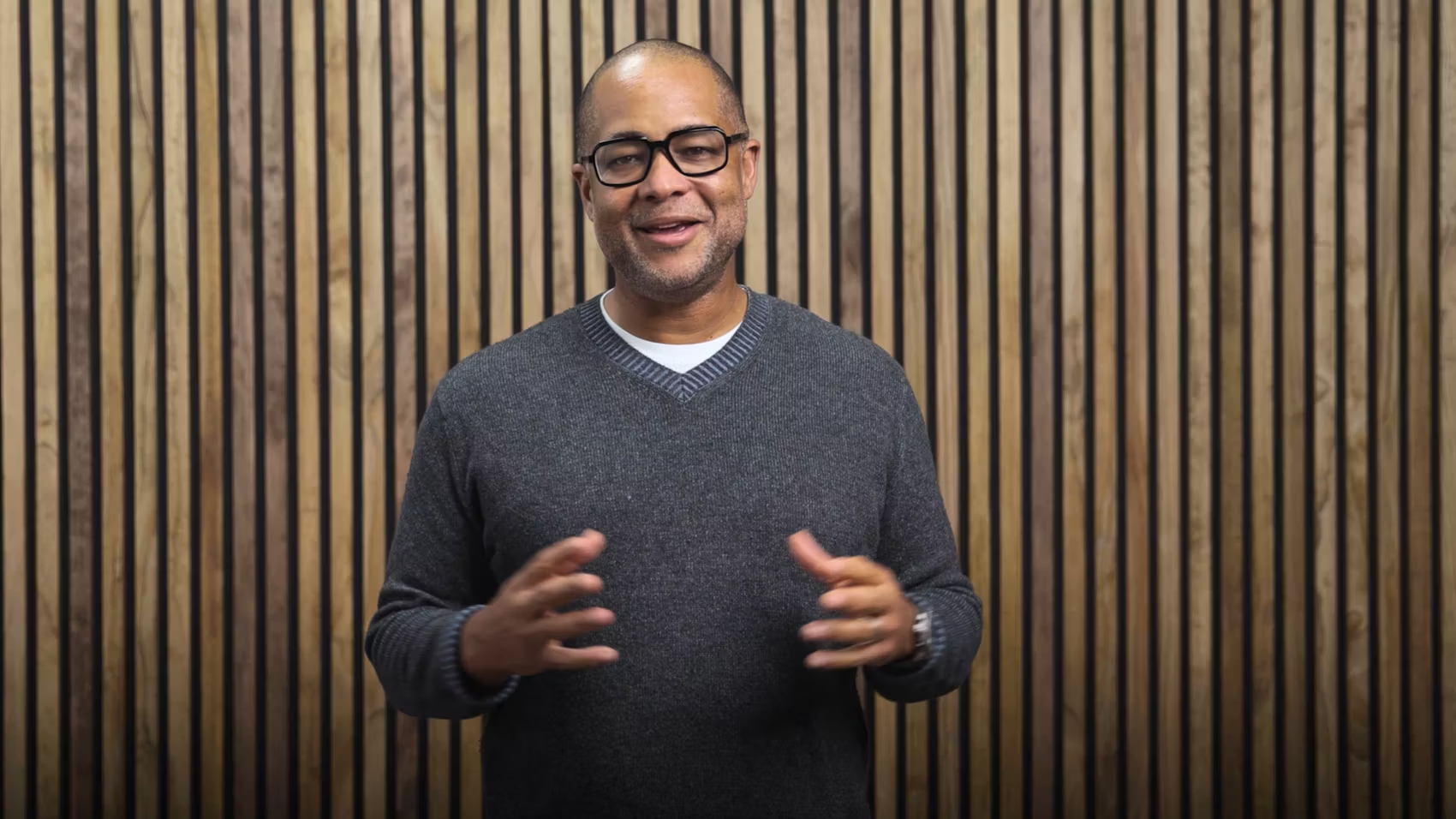
What is a Multiethnic Church?
It’s been said when it comes to gospel witness, gospel culture trumps gospel doctrine. No matter what a local church’s doctrinal statement may say, the strongest witness to the world is seen in how they treat one another. In these polarized and divided times, we believe we have a unique opportunity to display the unity Christ prayed for (John 17). And there’s no area we are in most need of unity than across the ethnic divide.
This is why we don’t believe ethnic diversity is the goal, but ethnic unity. It’s one thing to get people from different walks of life to sit in a church together, and it’s quite another to see them loving one another. It’s when the church arcs back to her multiethnic and multicultural roots (see the book of Acts) that our witness to the world is enhanced. Because of this, we believe one of the deepest apologetics for the power of the gospel is the multiethnic church.
You Can Plant a Multiethnic Church.
Join Us!
Speaker Lineup
Vary per event
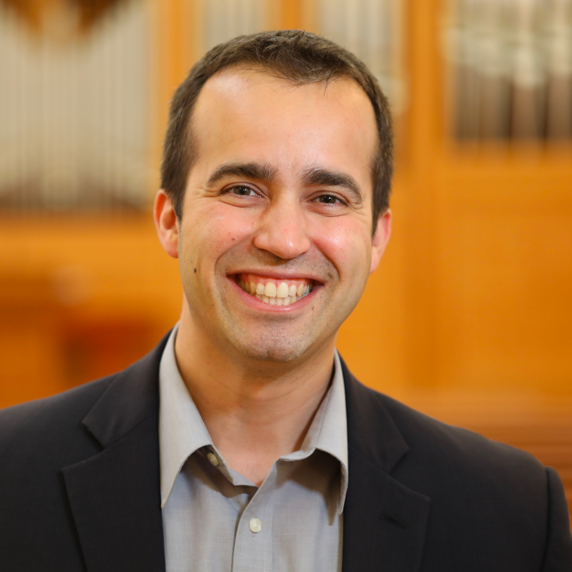
Jared E. Alcántara
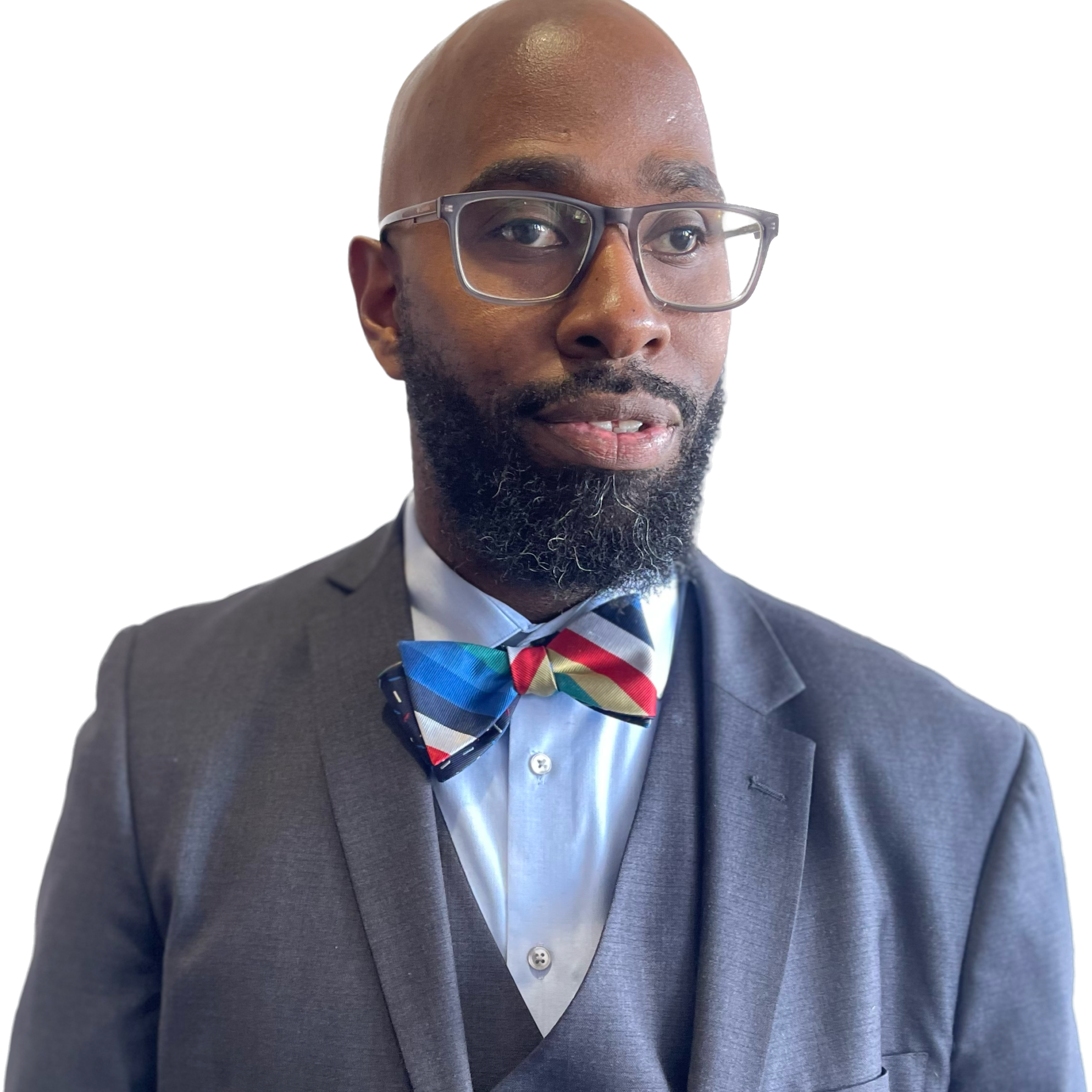
Mike Byrd
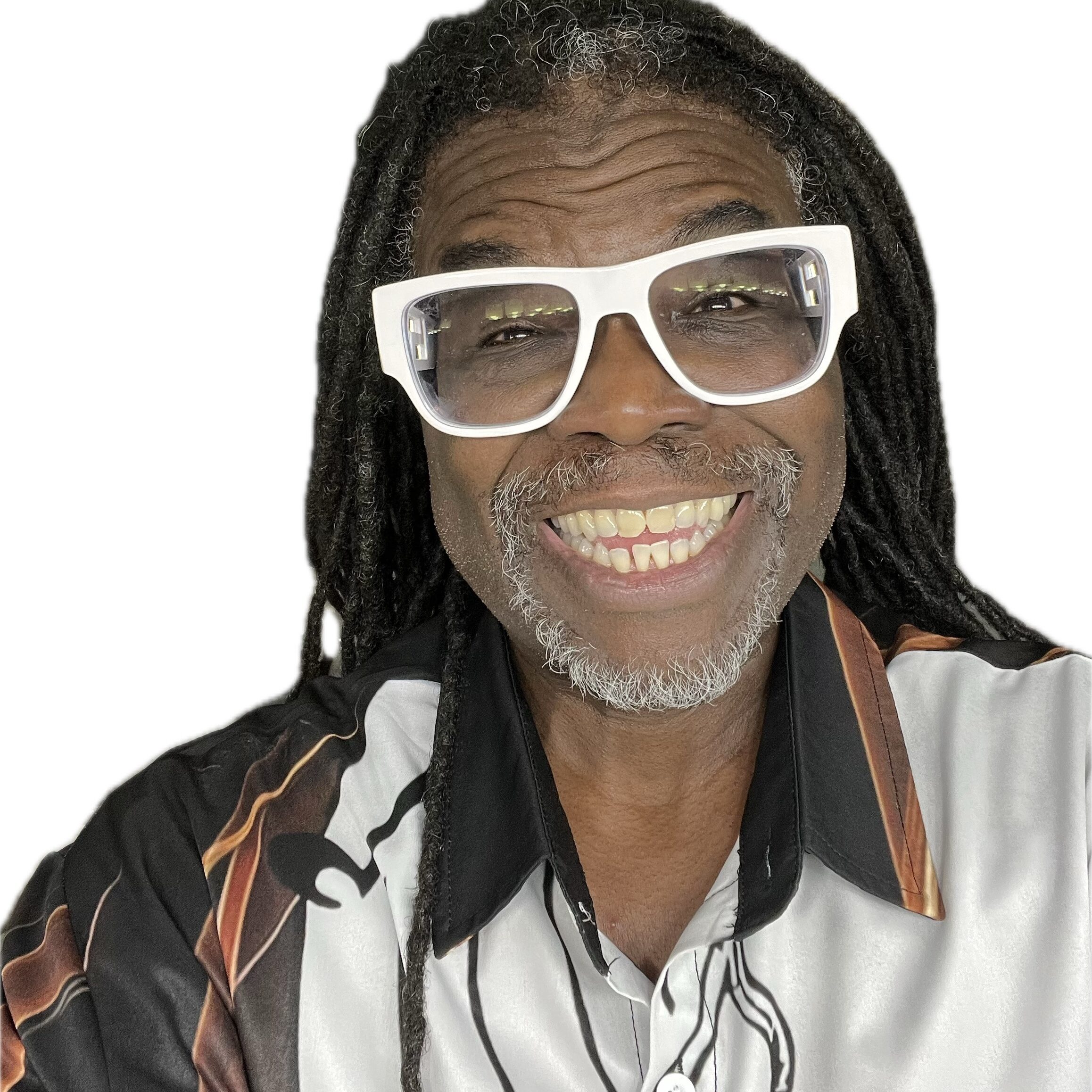
J. Teddy Johnson
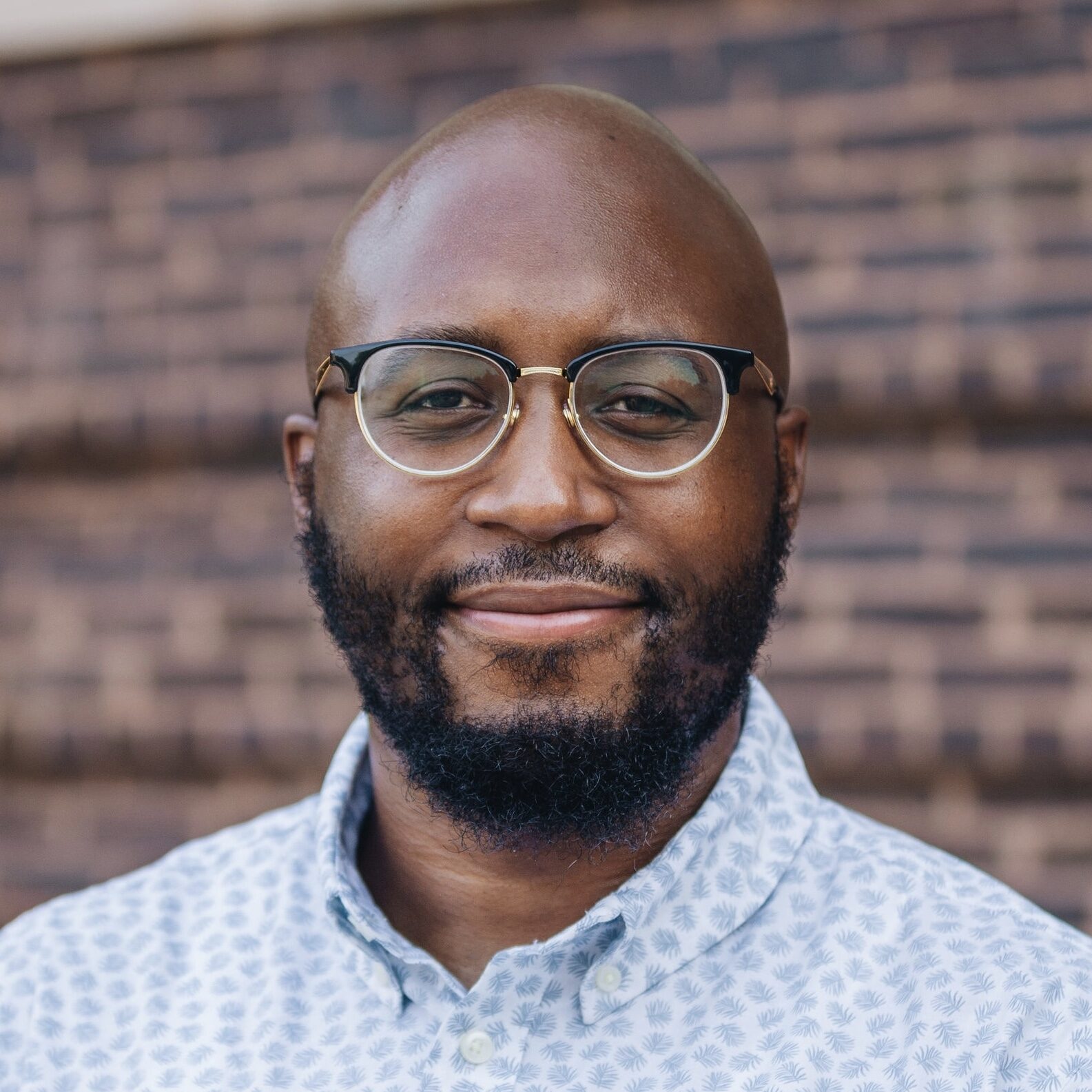
Jon Kelly

Ryan Kwon
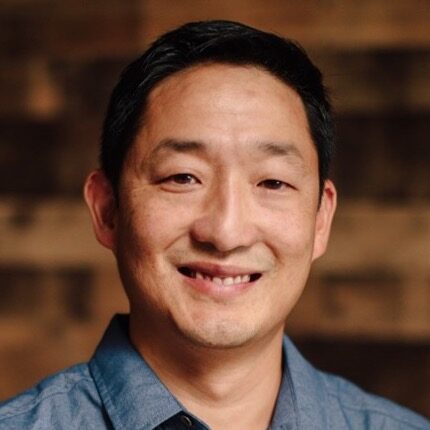
Mitchel Lee
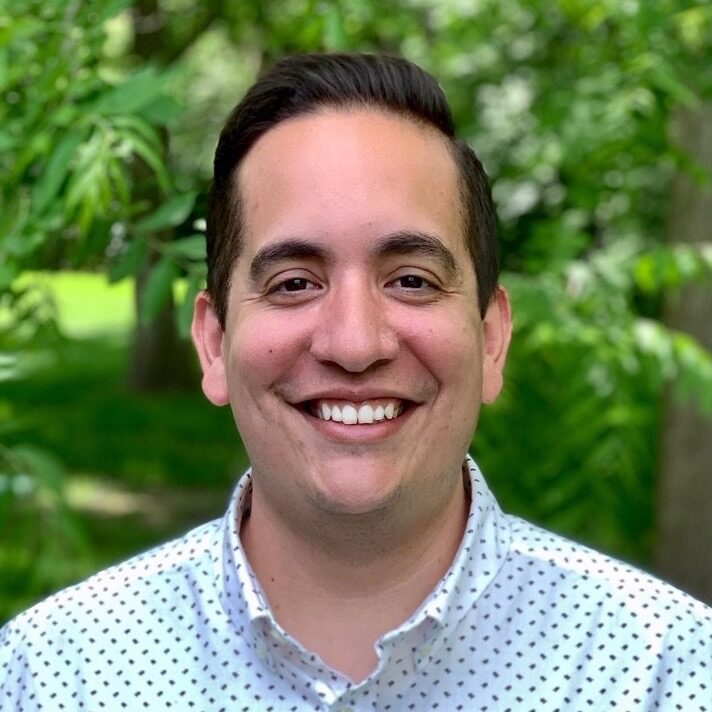
Carlos Lollett
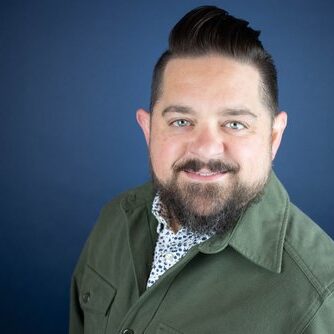
Chris Mills
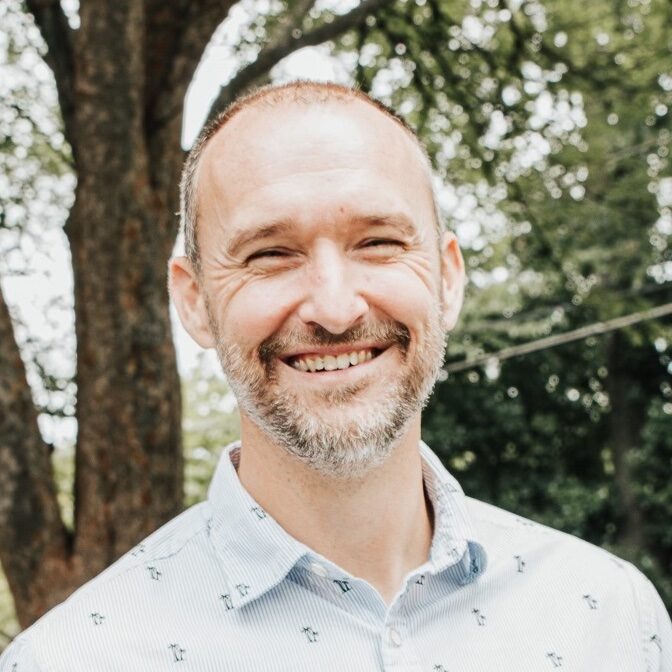
Ryan McCammack
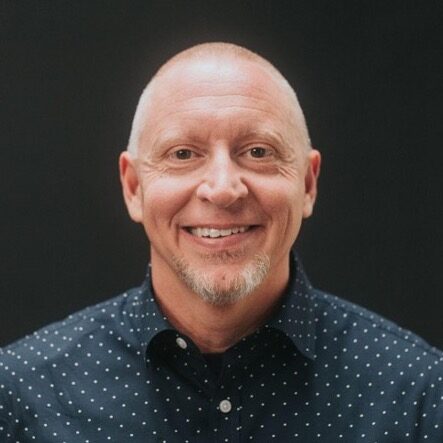
Vance Pitman
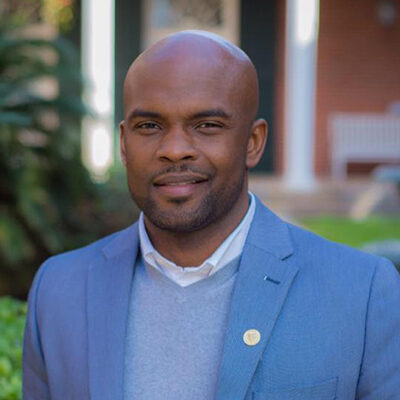
Ryan Rice
March 31-April 1, 2025
Atlanta, GA | Gospel Hope Church
47 Covington Hwy
Avondale Estates, GA 30002
April 14-15, 2025
St. Louis, MO | Faith Community Bible Church
8850 Jennings Station Road
Jennings, MO 63136
May 12-13, 2025
Manhattan, NY | One Community Church
354 W 45th St 2nd Floor
New York, NY 10036
More Info
It’s been said when it comes to gospel witness, gospel culture trumps gospel doctrine. No matter what a local church’s doctrinal statement may say, the strongest witness to the world is seen in how they treat one another. In these polarized and divided times, we believe we have a unique opportunity to display the unity Christ prayed for (John 17). And there’s no area we are in most need of unity than across the ethnic divide.
This is why we don’t believe ethnic diversity is the goal, but ethnic unity. It’s one thing to get people from different walks of life to sit in a church together, and it’s quite another to see them loving one another. It’s when the church arcs back to her multiethnic and multicultural roots (see the book of Acts) that our witness to the world is enhanced. Because of this, we believe one of the deepest apologetics for the power of the gospel is the multiethnic church.
Sociologists define a multi-ethnic church as one in which a single ethnicity does not make up more than 80% of the whole - the 80/20 rule. So, if a church has 100 and 85 of them are black, it is not multi-ethnic. However, if a church of a hundred has 80 white people, and the rest are of other ethnicities, it qualifies as multi-ethnic.
Our nation is trending towards diversity. Sociologists project that by 2050 the United States will become a majority-minority nation for the first time in its history. The church has no option but to maintain the same trajectory,— not so much forward, but backward, to her first-century roots where the normal was ethnic diversity. A failure to do so will put us perilously close to irrelevancy in our changing society.
The word Kainos is the Greek word for new, a word Paul uses to describe the coming together of Jews and Gentiles to form the multi-ethnic church.
Send Network's vice president of regions, Bryan Loritts, is also president and founder of the Kainos Movement, an organization committed to seeing the multi-ethnic church become the new normal.
As he provides these events and cohort opportunities for Send Network planters and other ministry leaders, Bryan brings a heart for church planting together with a passion to see multi-ethnic local expressions of the body of Christ that truly reflect their communities.
Kainos and Send Network host regional events to equip church planters and other ministry leaders for gospel-centered, multi-ethnic ministry. The events will provide a vision and framework to help you cultivate multiethnic, local expressions of the body of Christ that truly reflect their communities.
You and your teams will have the opportunity to:
- Learn essential elements to building a church that engages the ethnicities in your community.
- Discover effective leadership, worship, and preaching to equip you to steward the scope of the gospel in meaningful ways so your church will look more and more like our future, multiethnic eternal reality.
Ask your specific questions in coaching sessions.
These events are open to church planters, pastors, and ministry leaders.
